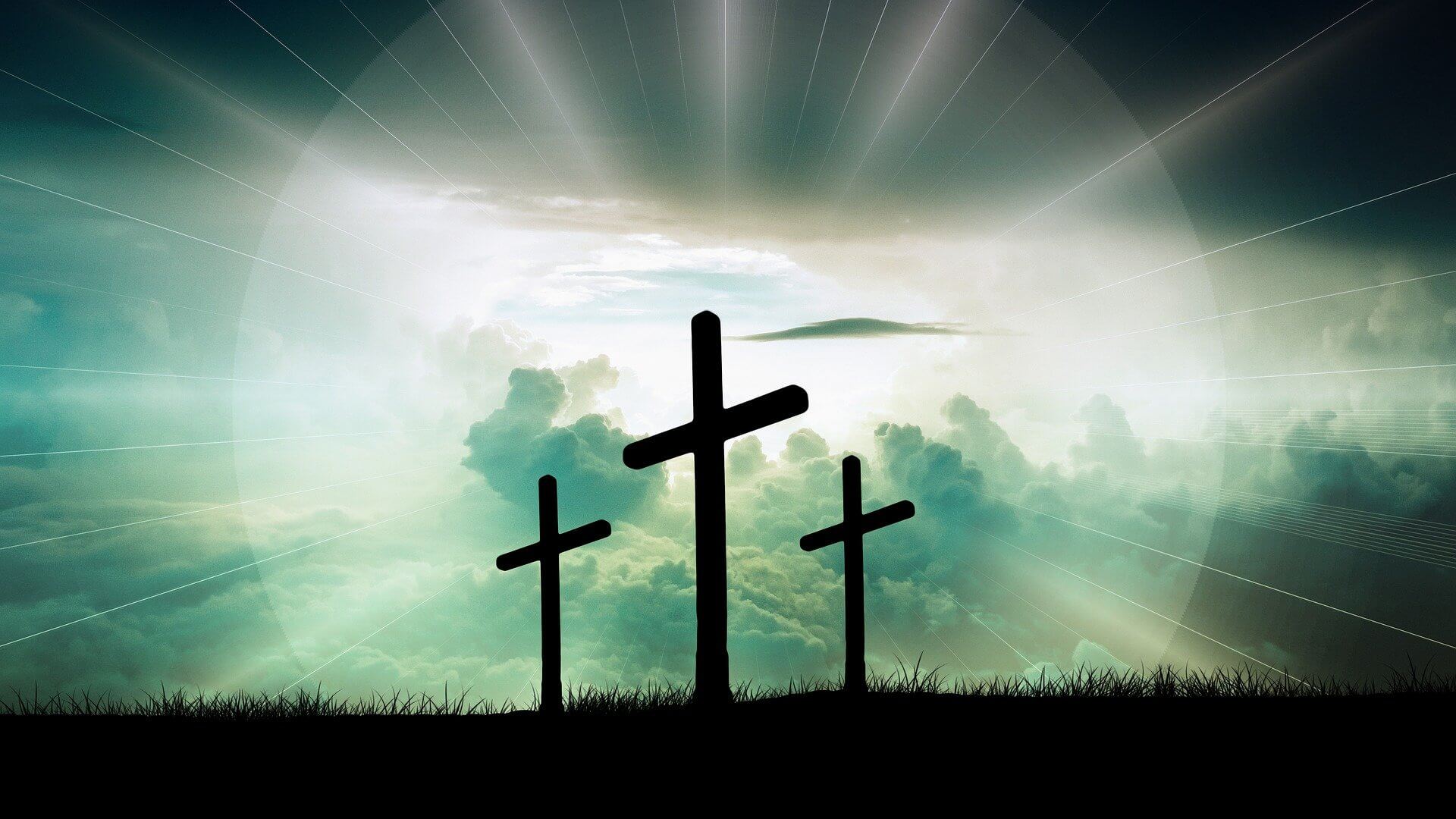Why is easter important for Christians? What is the theological liturgical significance of Easter? Meaning of easter for Christians. Why do we celebrate Easter?
Easter is one of the most significant holidays for Christians, as it marks the celebration of the resurrection of Jesus Christ from the dead. It is a time for Christians to reflect on the life, death, and resurrection of Jesus Christ and what it means for their faith.
The significance of Easter for Christians can be understood in several ways:
- It represents the triumph of life over death: Easter celebrates the resurrection of Jesus Christ, who died on the cross and was buried in a tomb. His resurrection from the dead is seen as a symbol of hope and a triumph over death.
- It signifies forgiveness and redemption: Christians believe that Jesus Christ died on the cross to atone for the sins of humanity. His death and resurrection signify forgiveness and redemption for all who believe in him.
- It represents new beginnings: Easter is often seen as a time of new beginnings, as it represents the start of a new life for Christians who believe in the resurrection of Jesus Christ.
- It represents the fulfillment of prophecy: The resurrection of Jesus Christ is seen as the fulfillment of biblical prophecy, and a sign that God’s promises to his people have been fulfilled.
- It brings hope: Easter is a time of hope for Christians, as it reminds them of the promise of eternal life through Jesus Christ.
Overall, Easter is a time for Christians to celebrate the resurrection of Jesus Christ and to reflect on the meaning of his death and resurrection for their faith. It is a time of joy, hope, and new beginnings.

Source : pixabay.com
Why do we celebrate Easter
Easter is celebrated by Christians around the world to commemorate the resurrection of Jesus Christ from the dead. According to the Bible, Jesus was crucified, died, and was buried in a tomb on a Friday, which is now known as Good Friday. Three days later, on a Sunday, he rose from the dead, which is celebrated as Easter Sunday.
The resurrection of Jesus is considered the cornerstone of the Christian faith, and the celebration of Easter is a way to remember and honor this event. It represents the triumph of life over death and the fulfillment of God’s promise to provide salvation to all who believe in Him. Christians believe that Jesus died for the sins of humanity, and his resurrection symbolizes the forgiveness of sins and the promise of eternal life.
Easter is also celebrated as a time of renewal and new beginnings. In many traditions, it is a time for fasting, prayer, and repentance leading up to Easter Sunday. After the solemnity of Lent, Easter represents a time of joy, celebration, and new life.
In addition to its religious significance, Easter has also become a secular holiday in many cultures, with traditions such as Easter egg hunts, Easter baskets, and the Easter Bunny. However, the roots of these traditions are also connected to the Christian celebration of Easter, representing new life and rebirth.
Overall, Easter is celebrated to remember and honor the resurrection of Jesus Christ and to celebrate the hope and promise of new life and renewal.

Source: pixabay.com
What is the theological liturgical significance of Easter?
The theological liturgical significance of Easter is central to the Christian faith, as it represents the cornerstone of Christian belief and practice. Easter celebrates the resurrection of Jesus Christ from the dead, and as such, it holds deep theological and liturgical significance.
The theological significance of Easter lies in its representation of God’s ultimate victory over sin and death. According to Christian theology, the death and resurrection of Jesus Christ fulfilled God’s promise of salvation to humanity, providing a way for believers to be forgiven of their sins and to be reconciled with God. The resurrection of Jesus represents the ultimate triumph over death and the assurance of eternal life for those who believe in him.
The liturgical significance of Easter is equally important, as it provides a framework for Christian worship and practice. The Easter season begins with Lent, a period of reflection and repentance, leading up to Holy Week, which commemorates the final week of Jesus’ life. The climax of Holy Week is Easter Sunday, the day of resurrection, which is celebrated with great joy and rejoicing.
The liturgical practices associated with Easter also have significant meaning for Christians. For example, the lighting of the Paschal candle, which represents the light of Christ, symbolizes the victory of Christ over death and sin. The Easter Vigil, which takes place on the Saturday before Easter Sunday, is a time of baptism and renewal for many Christians, as they are baptized or renew their baptismal vows.
Overall, the theological and liturgical significance of Easter is central to the Christian faith, as it represents the fulfillment of God’s promise of salvation and the triumph of life over death. It provides a framework for Christian worship and practice and a foundation for Christian belief and hope.